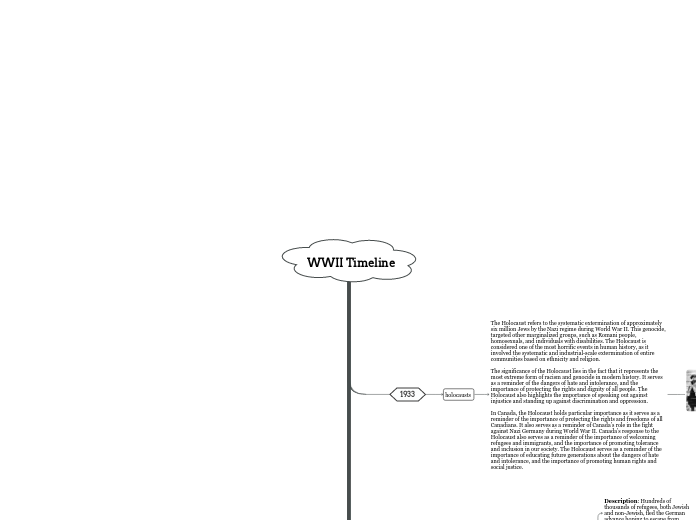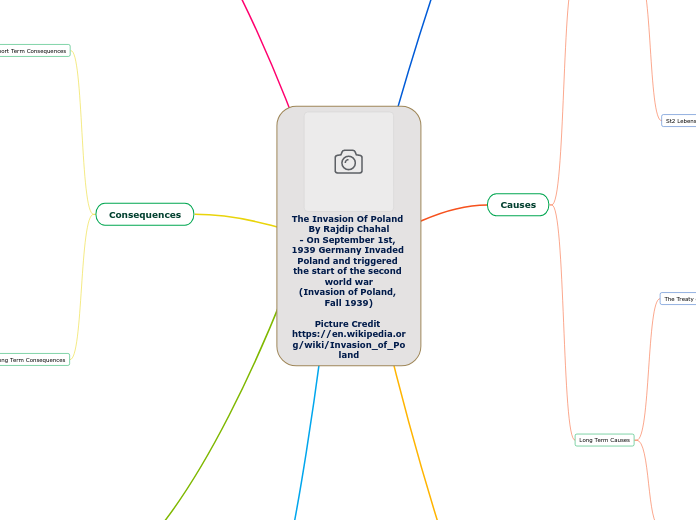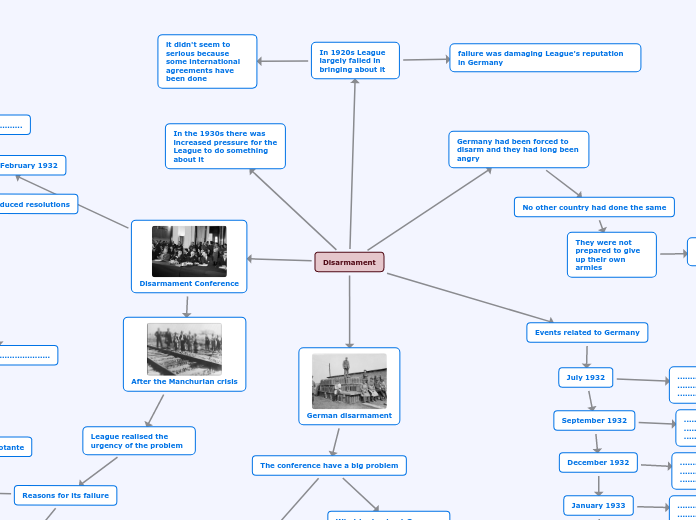da IA - 10ML 930198 Applewood Heights SS mancano 2 anni
124
WWII Timeline
During the Battle of the Atlantic, U-boats posed a significant threat to Allied shipping, targeting vessels close to Canada's East Coast and in the St. Lawrence River. The Royal Canadian Navy, Royal Canadian Air Force, and Canada'









